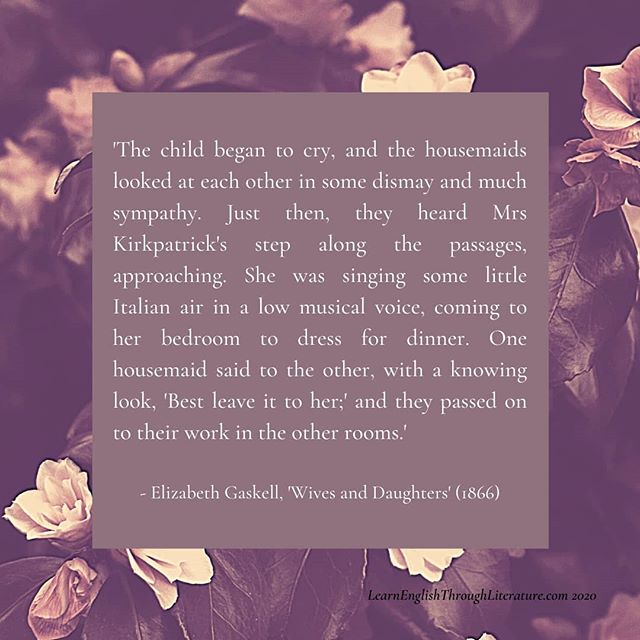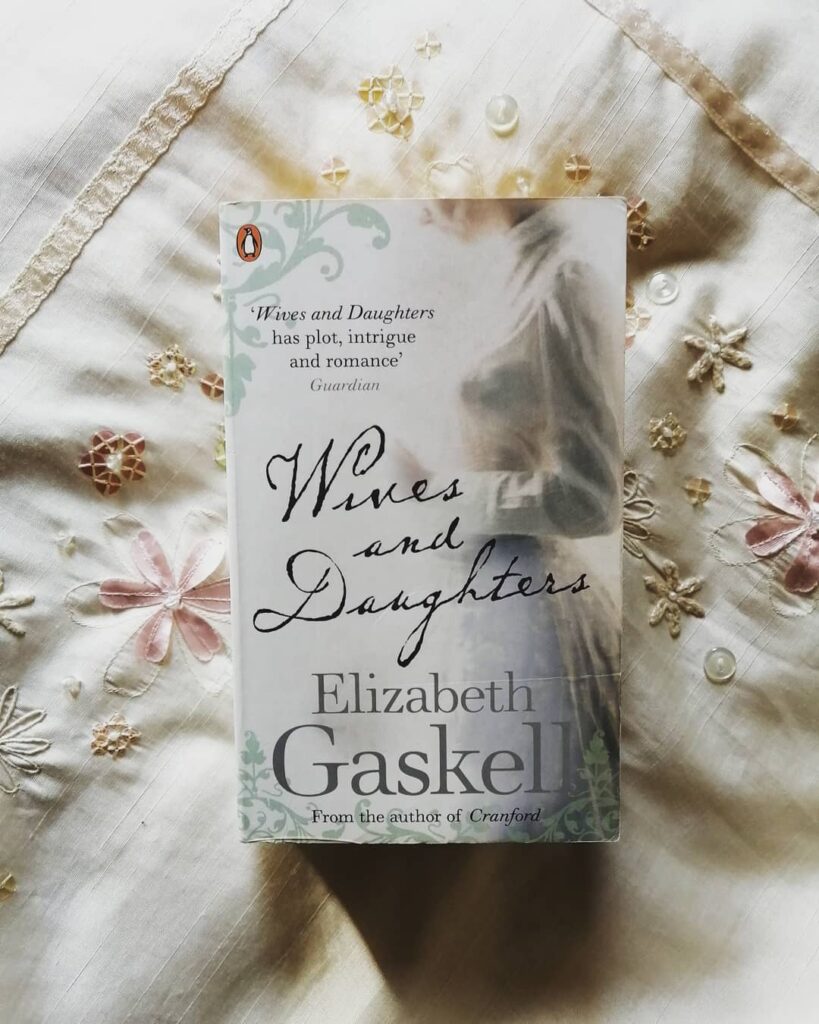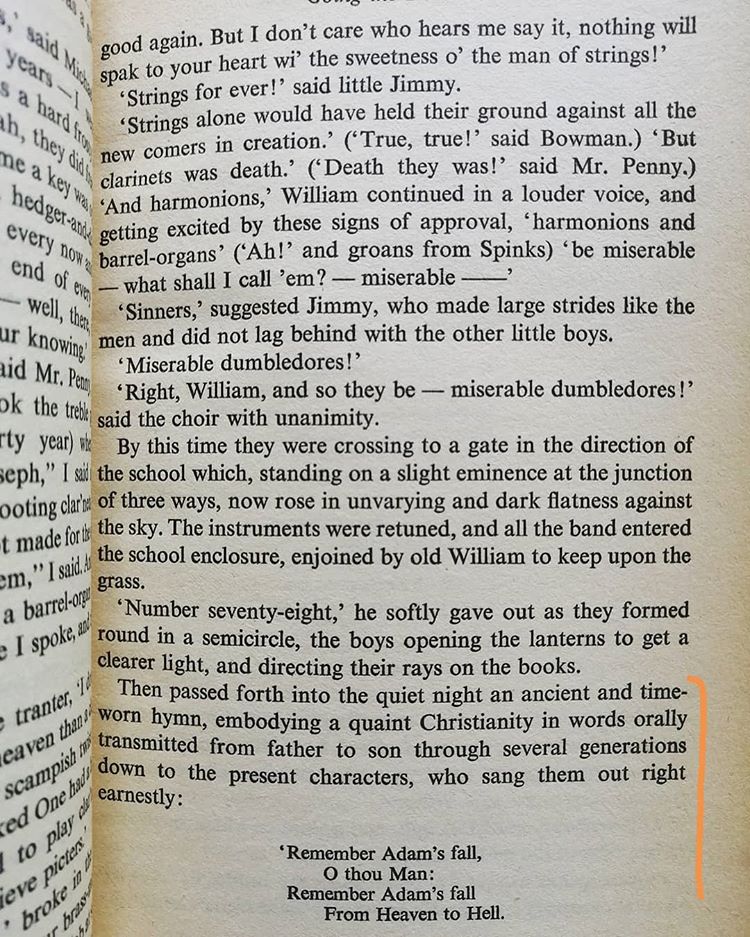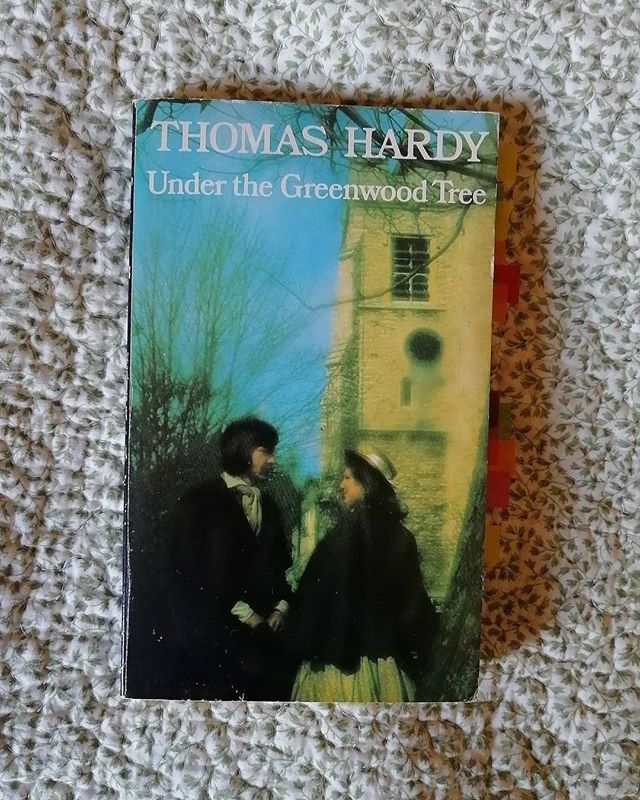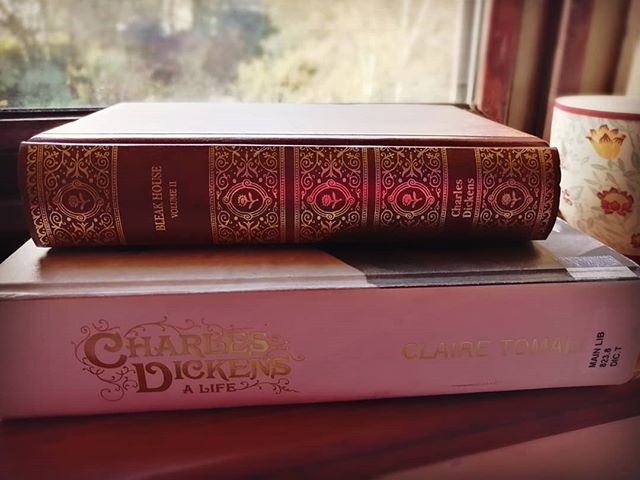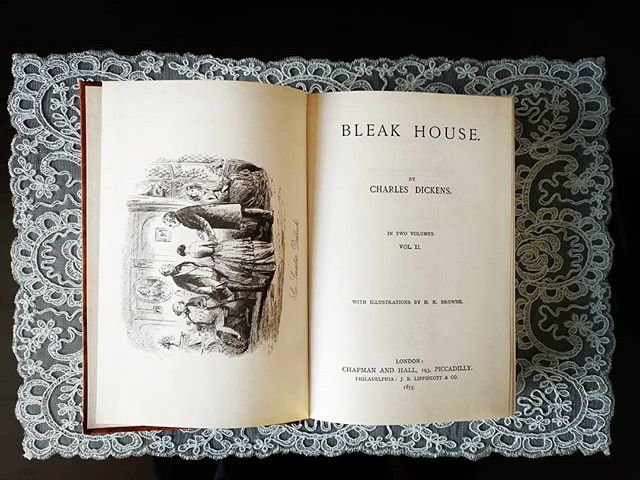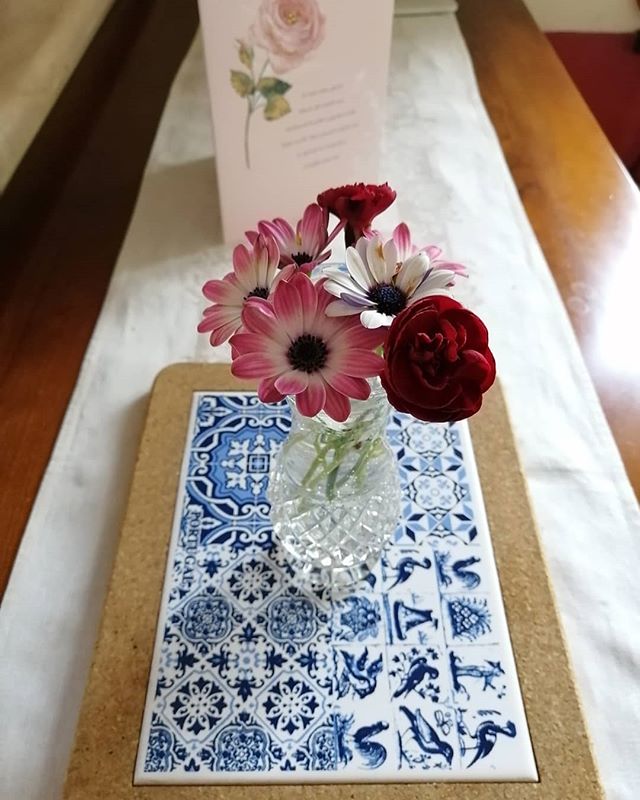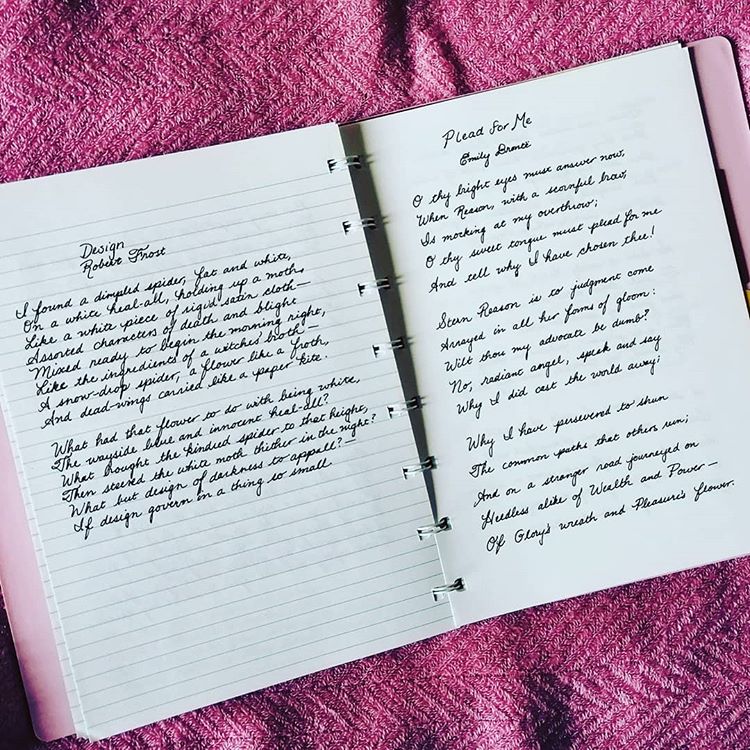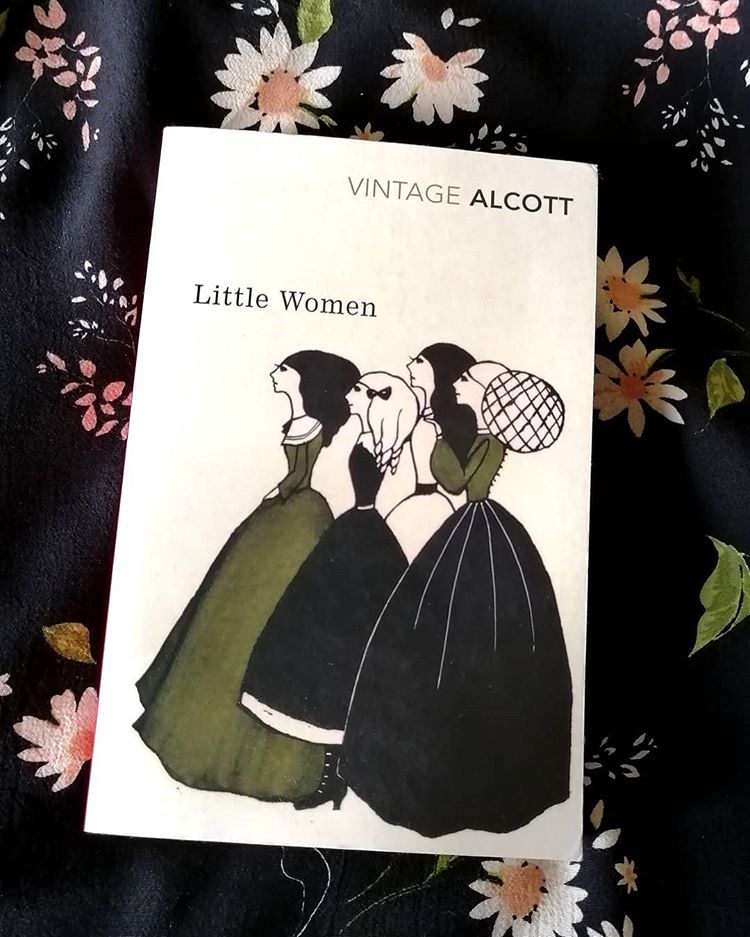Lesson #118: Using Pronouns Correctly to Prevent Repetition in Your Writing (Part 2)
Subject pronouns and possessive adjectives – those were just some of the pronouns we began to consider in my last post! 📒 We also looked at a paragraph from Elizabeth Gaskell’s Wives and Daughters; in which she used them artfully to describe a tense moment in the novel. As promised, here are my tips on how […]
Lesson #118: Using Pronouns Correctly to Prevent Repetition in Your Writing (Part 2) Read More »

